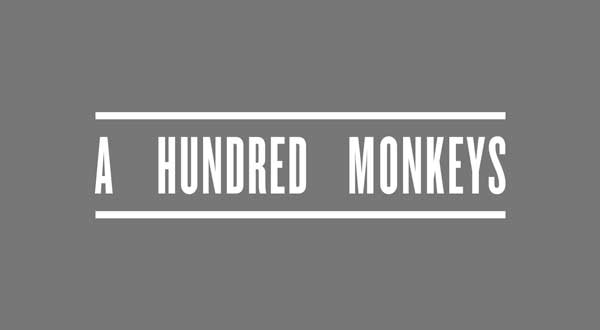Best Western, Worst Western
by Mars Riley
Best Western has an identity problem that has been 60 years in the making. Simply put, each of their hotels is an independently owned and operated franchise—each one unique. Considering they have 4,000 hotels in 80 countries, that may be too much uniqueness. It is impossible to predict what kind of hotel you are going to get when you book a room at a Best Western. It might be high-end, low-end, or somewhere in between. There is no way of knowing until you get there. Once when I was in Venice, Italy I was surprised to come across a 3-star Best Western. This unpredictability might be fun on a road trip, but people typically don’t like to roll the dice with hotels. Some internet research probably will help, but the “Best Western experience” is inconsistent to say the least.
To remedy this issue Best Western President and CEO David Kong is considering adding a marketing tag to the name of the hotels. Nothing has been officially announced yet, but early suggestions have been for Best Western, Best Western Plus and Best Western Premier.
Unfortunately for Mr. Kong, many of the franchise owners don’t seem to like his plan.
“When you do this you have what I call a Less Western,” said David Francis, owner of the Best Western of Lynchburg, VA. “I don’t want to be associated as an economy hotel.”
Many of the franchise owners are worried that their hotels will be unfairly labeled as a lesser hotel simply because they don’t have the same amenities (pools, restaurants) the other hotels do. They also don’t want the higher rated franchises to receive more corporate attention and advertising dollars.
This could cause trouble for the potential name change. Unlike some of the other franchisors like Marriott and Hilton, Best Western is a nonprofit membership association with each franchisee paying a fee for advertising, reservations, a frequent-guest program and other support. As a result of this arrangement, they also have a big say in the direction the company takes.
To help convince the franchisees and help shape its new image, Best Western has hired well-known consulting firms Boston Consulting Group and Booz & Co.
“Our consultants have told us that our customers view us as risky,” Kong told franchisees at a recent convention.
“We’re trying to just let the people know what we are and what they can expect—what their experience is going to be no matter what Best Western they go to,” said Rich Schnakenberg, owner of a Best Western in Tempe, AZ.
If they do change to the proposed names, about half of Best Westerns will remain “Best Western” while 45 percent will become Best Western Plus and 5 percent Best Western Premier. Kong believes the altered names will result in new business at all levels, some from new customers, others from roadside regulars and vacationers who might book at the higher-end locations. It will also allow for travel-agencies and tour-companies to better match the hotels with the appropriate customer or tour.
“By better describing ourselves, we hope to get slotted into more programs, and more hotels will get to play,” Kong said. I guess the reason this doesn’t make sense to me is that usually when a company splits off into a high-end and low-end version of themselves, they really try to differentiate the two. It seems like Best Western vs. Best Western Plus doesn’t seem to help on either side of the equation. If they created two different experiences with two distinct names, the chance of survival would be much higher.

